| It's always a pleasure to encourage young scholars, so I'm pleased to welcome Lura Amandan to "Clutching My Pearls" this week. Ms. Amandan is a postgraduate student at the University of Reinlegen in Germany. Her doctoral thesis is focused on early critiques of capitalism in European literature, and with the kind permission of her faculty advisors, I am sharing an excerpt from her truly groundbreaking work-in-progress concerning Jane Austen and capitalism. My six questions for Austen scholars post is here. |
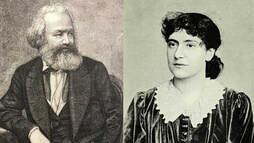 Karl Marx and his daughter Eleanor: was her name inspired by Austen? (Source: British Library)
Karl Marx and his daughter Eleanor: was her name inspired by Austen? (Source: British Library) I am not referring to Austen's well-known portrayals of the landed gentry and the lesser nobility, but rather, her subtle attacks on the pernicious influence of consumerism. To a startling extent, the buying and selling of things and the rise of the urban bourgeoisie forms a backdrop to her so-called marriage plot novels. Scholar David Daiches called Austen "a Marxist before Marx."
It is no exaggeration to say that Austen shows us whether a character is good or bad by their reaction to consumerism. Two of Austen’s heroines never step inside a store--Elizabeth Bennet and Fanny Price. And, significantly, the heroines who do go shopping always live to regret the experience. It is only the fops and fools who like to shop, as we will see. Austen’s message could not be clearer: Capitalism is the root of all evil. Let’s critically take the novels one by one...
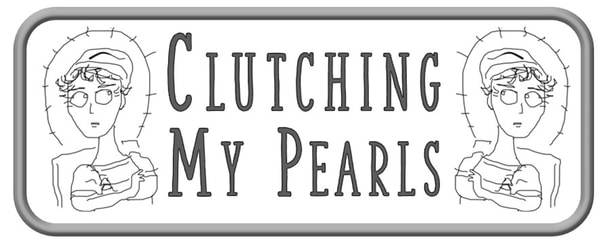
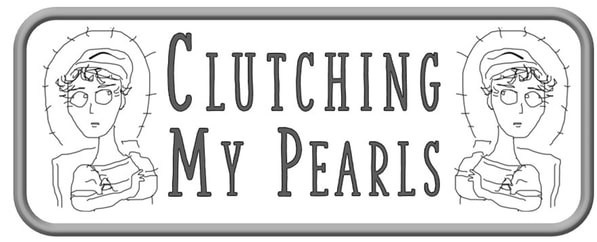
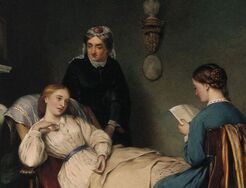
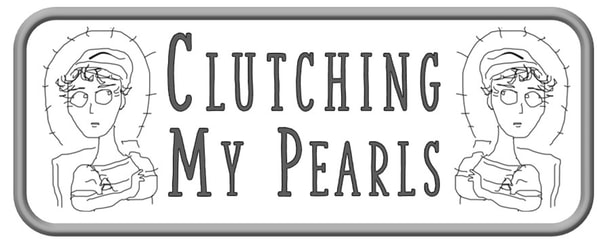

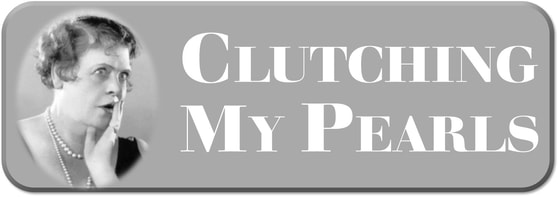
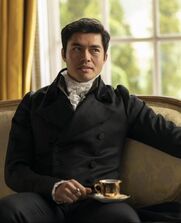
 RSS Feed
RSS Feed